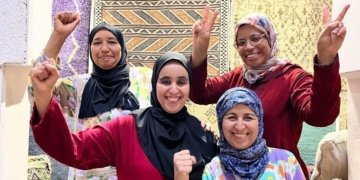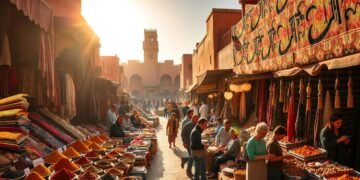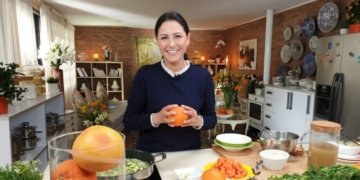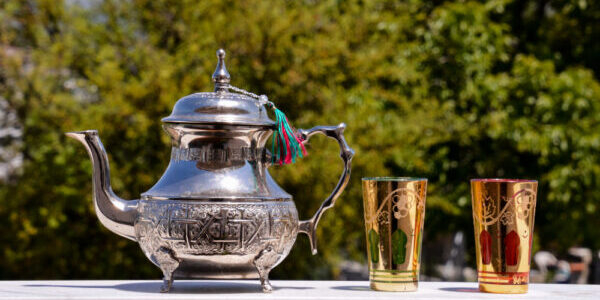A culture that is deeply rooted in tradition, it is time to explore the modern Moroccan Tea experience.
Morocco is one of the most diverse countries in the world. Its culture, language, and history could easily fill an entire book. However, if you want to get a sense of what life there would be like without relying too heavily on books or travel to Morocco itself, tea might well serve as your best friend; it’s the country’s second-largest export after phosphate rock.
Moroccan tea culture has a history that dates back centuries. It was a popular drink during the 16th and 17th centuries when it became a major export for North African countries, and when trade routes from Europe to Asia were shut down. In fact, when the Dutch tried to penetrate the Moroccan port in 1559, they were repelled by locals who were armed with bows and arrows. The reason? They had come to collect taxes on the local tea trade.
This ancient tea culture is still a part of everyday life in Morocco, and Moroccans consider tea to be the most preferable drink. Apart from manufacturing tea locally, Moroccans love to share their hospitality with foreign visitors by inviting them for tea (the most popular local variety is called ‘Moroccan Mint Tea’, which is green tea mixed with spearmint). Moroccan tea culture welcomes any guest with open arms—all you need to do is accept their invitation.
When enjoying Moroccan tea culture, there are a few important things you need to know. First of all, the idea of an elaborate tea-drinking ritual is out of the question. The point is that it’s about enjoying a drink that has been made with love, not about how it’s made.
Secondly, Moroccans are adamant when it comes to food preparation etiquette, especially in terms of their traditional dishes or soups. If you make the mistake of not asking first how the food is made, they won’t hesitate to let you know that it’s made with the finest ingredients and that you should be more appreciative.
Finally, let’s consider Morocco as a country where you don’t need to be rich to enjoy hospitality. One of the most important things on a Moroccan table is ‘plat du jour’, which means that it changes every day, but usually includes meat or chicken dishes with fava beans or rice.
Moroccans are known for their hospitality, and their tea culture is no exception. Tea to them is more than just a drink—it unites generations, families, friends, and strangers.


























